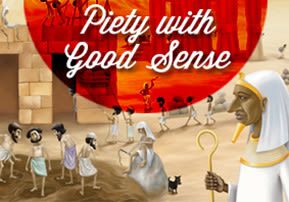
Shemot: Piety with Good Sense
Moses teaches us that there's the right time for everything: a time to guard our eyes, yet a time when we must keep our eyes wide open...

"He saw their suffering, and he saw an Egyptian man strike a Hebrew man from his brothers…" (Exodus 2:11).
Rashi elaborates on the above passage and says that Moses “gave his eyes and heart” to feel the suffering of his brethren. “Giving his eyes” is the opposite of guarding his eyes. In other words, Moses opened up his eyes full wide to see the suffering of his brothers. When it came to the anguish of his people, Moses didn't turn away; he looked, he felt their pain and he did what he could to help. Moses shows us what true piety is – piety with good sense; piety that is not at the expense of a person in need. He guarded his eyes impeccably, but he opened them whenever he needed to perform a mitzva with them.
Rebbe Nachman of Breslev refers to two aspects of guarding one's eyes: from one standpoint, a person must be careful to avoid seeing anything that is forbidden for him to see, for the Torah commands that we shall not let our eyes stray.[1] Our sages teach that what the eye sees, the heart lusts; conversely, what the eye doesn't see, the heart doesn't lust. He who guards his eyes prevents his heart and mind from all types of lust contamination. Just as the Torah juxtaposes the eyes and the heart[2], Rashi gives testimony to the true lofty level of Moses' piety, in that he was able to use his eyes and his heart in aiding his brethren. This level of authentic piety coupled with good sense is what made Moses the leader of our people.
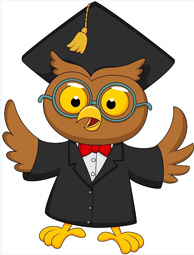 The second aspect of guarding one's eyes is to avoid looking at the follies of this world with its physical amenities and temptations. Moses was excellent in this area as well, for at the end of his days, he is able to stand before the entire Congregation of Israel and declare with ten fingers in the air that he never took anything from anyone.
The second aspect of guarding one's eyes is to avoid looking at the follies of this world with its physical amenities and temptations. Moses was excellent in this area as well, for at the end of his days, he is able to stand before the entire Congregation of Israel and declare with ten fingers in the air that he never took anything from anyone.
Moses teaches us that there are times when we must open our eyes. The Torah says explicitly, when referring to a person in need, “You shall not ignore.”[3] We don't see a person straining under a load, then close our eyes and say that we didn't see. One who ignores a person who needs help is guilty of what Rashi calls, “burying his eyes and refraining from saving a person.” This is what the Gemara calls the “pious idiot” who let a woman drown in the river because he won't look at women.[4] Clearly, “burying one's eyes” and refraining from fulfilling the sacred commandment of pikuach nefesh – saving a human life – shows that a person's so-called piety is devoid of common sense. Tosephot adds the story of a person who was wearing tefillin and praying Shacharit while a toddler was drowning; the senseless individual said, I'll save the toddler as soon as I take off my tefillin.” By the time he removed his tefillin, it was too late.[5]
The Gemara snarls at the senseless pious ones, especially the imposters who try to impress people with their outward displays of piety. The Gemara calls them, the “bleeding abstinent” for they walk around with their eyes demonstratively shut and bang their noses into walls, so they all walk around with bloody noses.[6]
Not long ago, a person was walking through the crowded outdoor market in the Mea Shearim quarter of Jerusalem. He saw a suspicious-looking plastic bag with electric wires protruding from it discarded in a trash can opposite one of the shops. He immediately called the police. In short, a terrorist had planted a bomb that would have maimed scores of people. This alert and sensibly pious individual helped to prevent a disaster.
When we open our hearts and eyes to the needs of others, Hashem fulfills all of our needs.
* * *






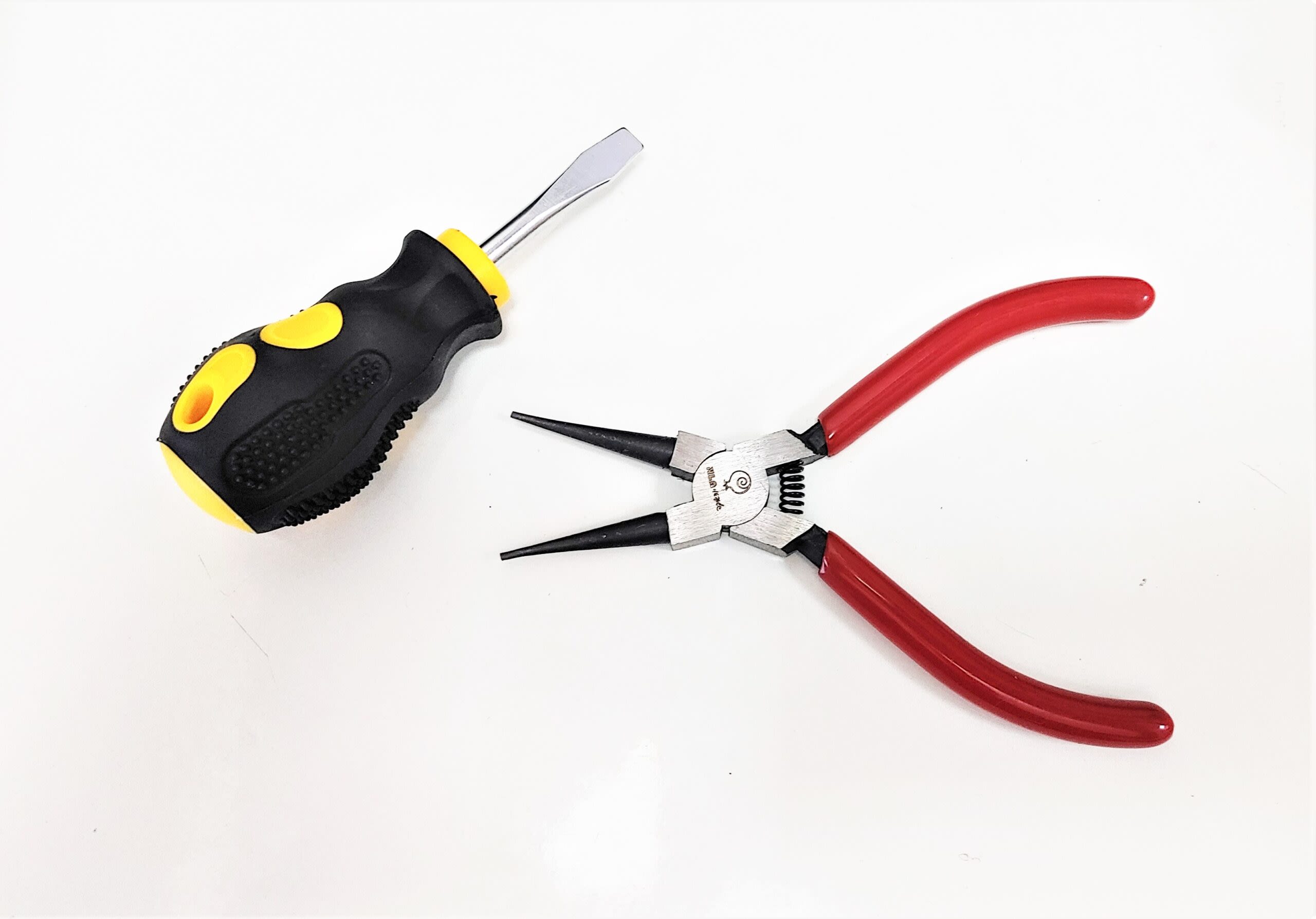
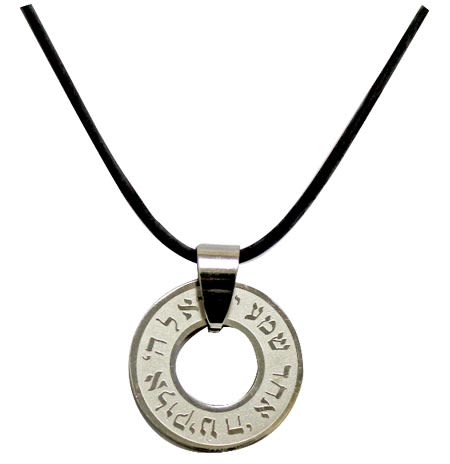
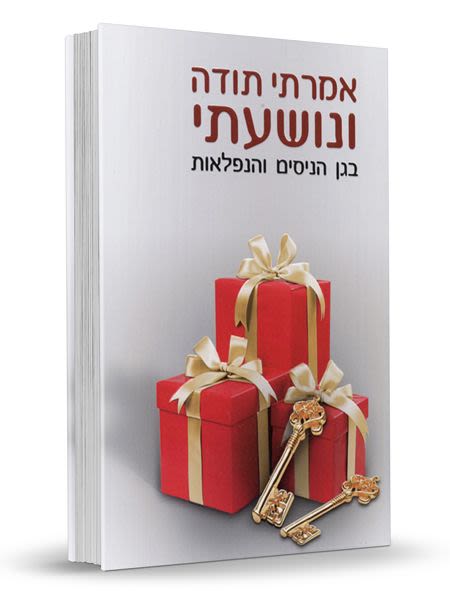
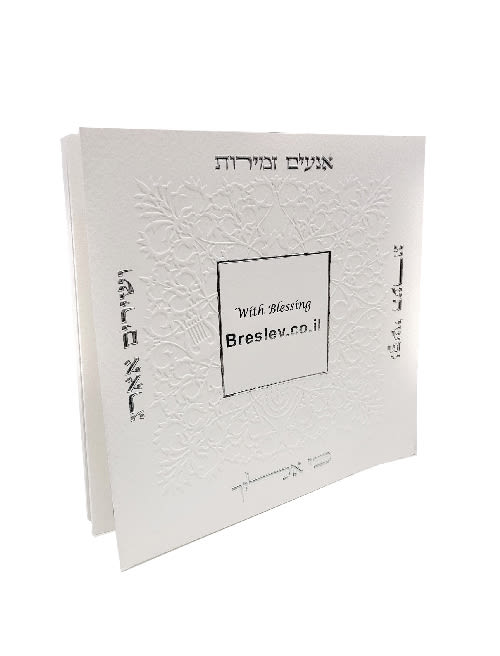
1/19/2017
Let’s hear more about “guarding ones eyes”
I'd like to hear much more about this. It feels like R. Shalom Arush mentions "guarding ones eyes" in every single text and shiur. So, it seems of utmost importance. What about us folks living in a secular enviroment? I don't watch TV, that's an easy one. But as soon as I step out of my house there is immodesty and profanity abound. Lurid advertisments on billboards, people dressing and acting like clowns. I have to interact with these people at work, in offices, on public transportation…
1/19/2017
I'd like to hear much more about this. It feels like R. Shalom Arush mentions "guarding ones eyes" in every single text and shiur. So, it seems of utmost importance. What about us folks living in a secular enviroment? I don't watch TV, that's an easy one. But as soon as I step out of my house there is immodesty and profanity abound. Lurid advertisments on billboards, people dressing and acting like clowns. I have to interact with these people at work, in offices, on public transportation…